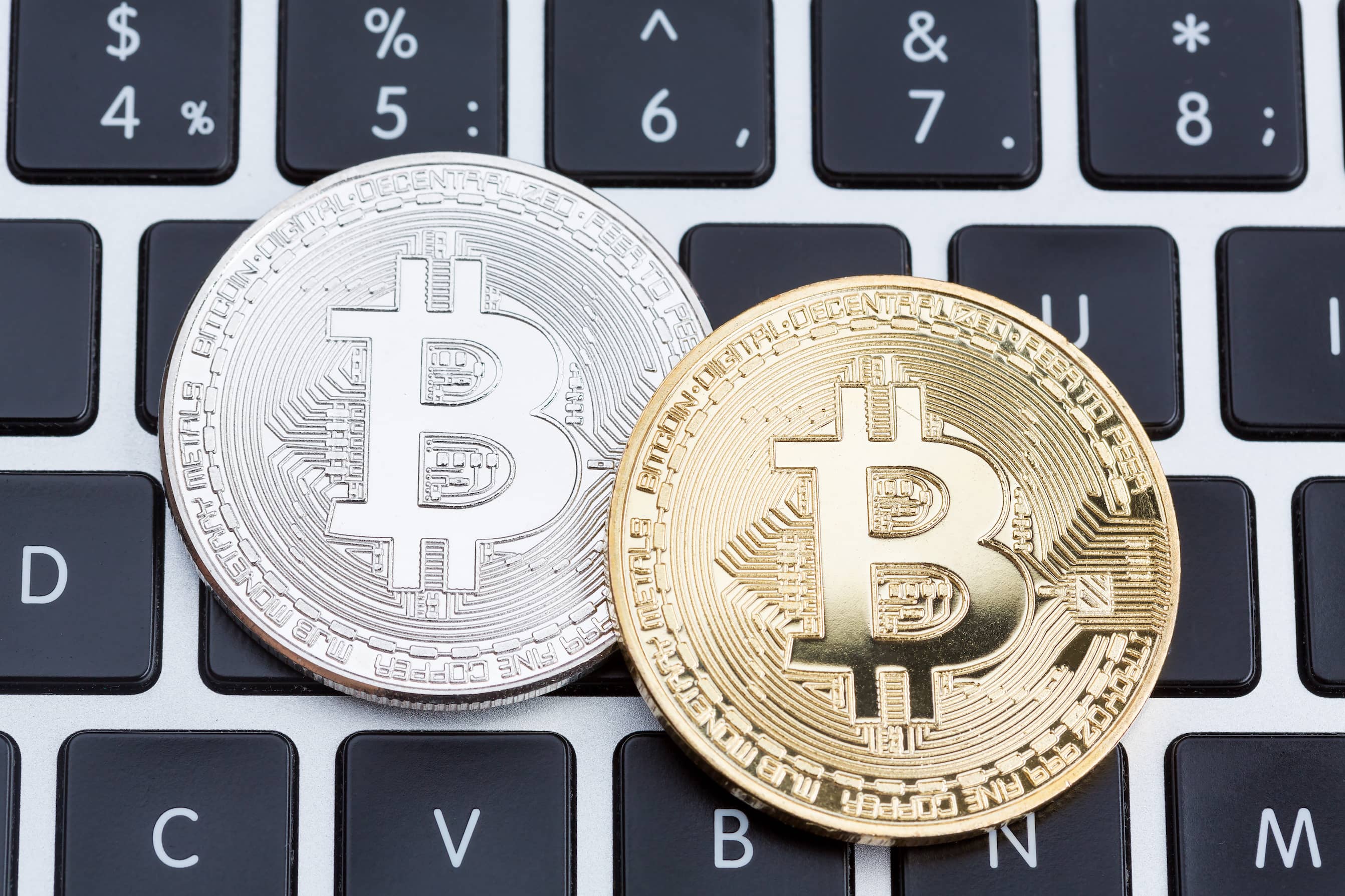
Bitcoin vs. Bitcoin Cash: An Overview
Bitcoin was the first cryptocurrency to gain popular notice. It originated as a payment mechanism independent of regulatory organizations or any third parties. Bitcoin Cash is a cryptocurrency that resulted from a Bitcoin blockchain split, which happens when people refuse to update or reprogram a blockchain to function in the manner they wish. Bitcoin Cash split in 2017 due to differences between developers and users regarding Bitcoin's development.
Bitcoin
In July 2017, mining pools and firms representing around 80% to 90% of Bitcoin computer power opted to implement segregated witness (SegWit). This modification reduced the amount of data required for verification in each block by removing signature data from the block that has to be processed in each transaction and adding it to an extended block. Signature data was predicted to account for up to 65% of data processed in each block, making this a substantial technical leap.
BitMEX's September 2017 analysis revealed that SegWit deployment has helped raise block size while the technology's acceptance rate remained stable.
Bitcoin Cash
Bitcoin Cash is a different story. Bitcoin Cash was founded by Bitcoin miners and developers who were equally worried about the cryptocurrency's future and capacity to expand successfully. However, some people expressed misgivings about the separated witness function. They believed that SegWit did not adequately solve the basic issue of scalability, nor did it adhere to the roadmap originally set by Satoshi Nakamoto, the unidentified entity who first introduced the blockchain technology that underpins cryptocurrencies.
In August 2017, several miners and developers attempted a hard fork, resulting in the creation of a new blockchain and currency: Bitcoin Cash (BCH). BCH has its own blockchain and specs, with one key variation from Bitcoin: it has an 8 MB block size to speed up the verification process. This block size has a configurable size level, ensuring fast transaction verification regardless of how many miners are supporting it. The limit was raised to 32 MB in 2018.
Special Considerations

Beyond the schism that resulted in Bitcoin Cash, the discussion about scalability, transaction processing, and blocks continues. In November 2018, for example, the Bitcoin Cash network had its own hard split, leading in the birth of yet another Bitcoin derivative known as Bitcoin SV. Bitcoin SV was developed to maintain faithful to Satoshi Nakamoto's initial goal for Bitcoin, as expressed in the Bitcoin white paper, while also allowing for scalability and quicker transaction rates.
Bitcoin is still the most popular cryptocurrency in the world, as well as the biggest by market capitalization, therefore BCH users may notice that liquidity and real-life usefulness are lower than for Bitcoin.
Even with an increased block size introduced to reduce transaction delays and enhance usability, BCH does not have the same popularity and volume as Bitcoin. On November 1, 2023, BCH block sizes fluctuated from a few hundred bytes to about 7 MB, whereas BTC blocks ranged constantly between 1.1 MB and 1.8 MB.
Read Also: Native Tokens You Should Know About
How does Bitcoin Cash's market capitalization compare to that of Bitcoin?
Bitcoin Cash had a market value of $4.7 billion on November 1, 2023, putting it 18th among cryptocurrencies, while Bitcoin had the greatest market cap by far, at $673 billion.
What is the total supply of Bitcoin cash?
Bitcoin Cash, like Bitcoin, will never have a total supply exceeding 21 million coins. The pace at which new coins are supplied to the circulating supply steadily declines according to a predetermined timetable, with the issuance rate being reduced in half roughly every four years. As of November 1, 2023, the circulating supply of Bitcoin Cash was 19,547,438 BCH, representing about 93% of the total supply.12 Bitcoin's circulating supply was 19,530,375 BTC, or 93% of the total supply.
What Features Make Bitcoin Cash an Effective Medium of Exchange?
Bitcoin Cash allows for peer-to-peer payments between people, much like cash, but in digital form. Fees for transmitting Bitcoin Cash are often a fraction of a penny, and settlement happens virtually instantaneously, independent of the actual location of the transaction participants. These qualities make Bitcoin Cash helpful for both everyday transactions and microtransactions.
The Bottom Line
Bitcoin and Bitcoin Cash are two cryptocurrencies derived from the initial Bitcoin release. Bitcoin Cash split from Bitcoin in 2017 after the community differed on how to address scalability and performance concerns. Bitcoin is the most valuable cryptocurrency in terms of price and market capitalization, but Bitcoin Cash also has a considerable user base.
